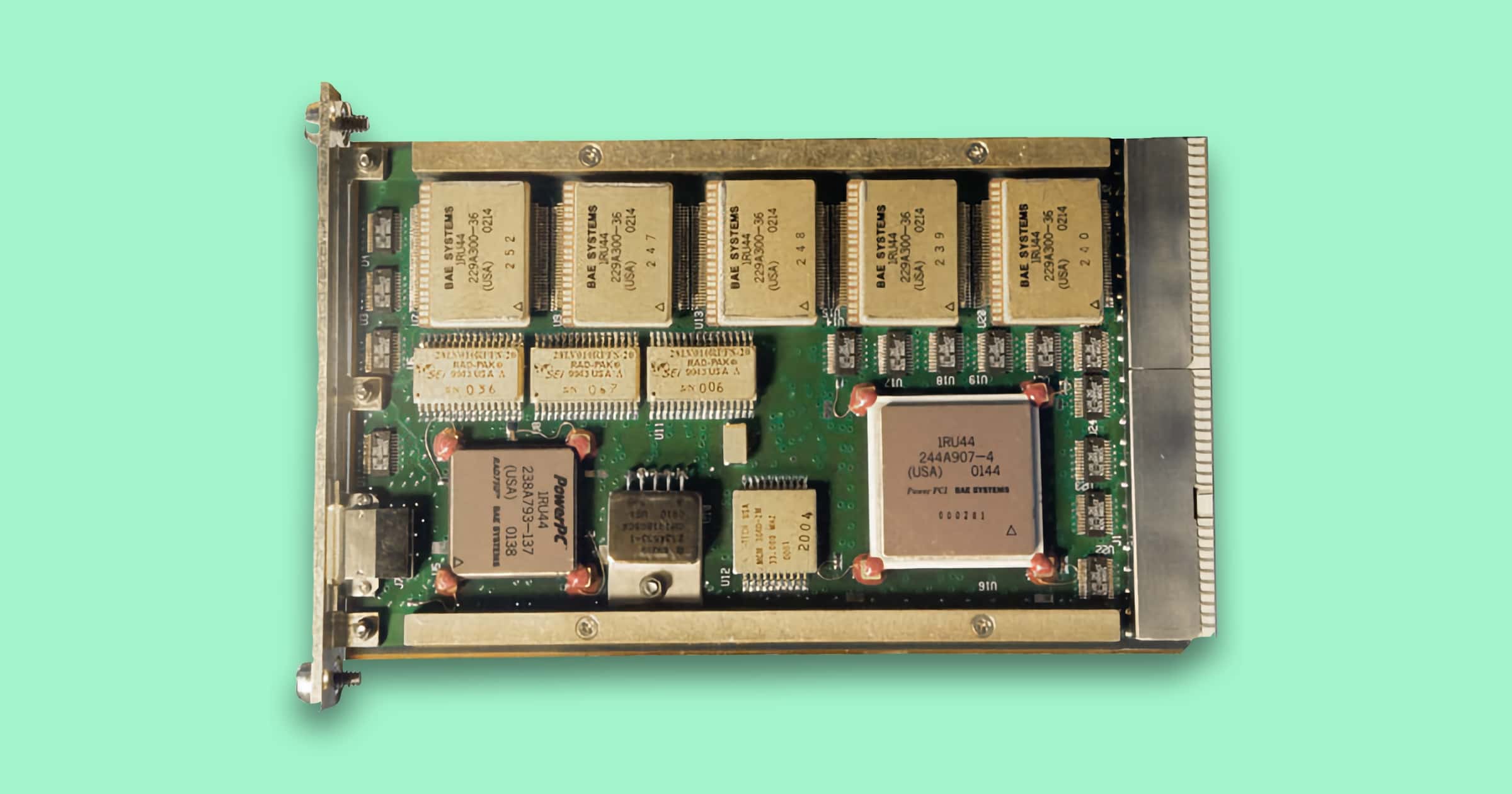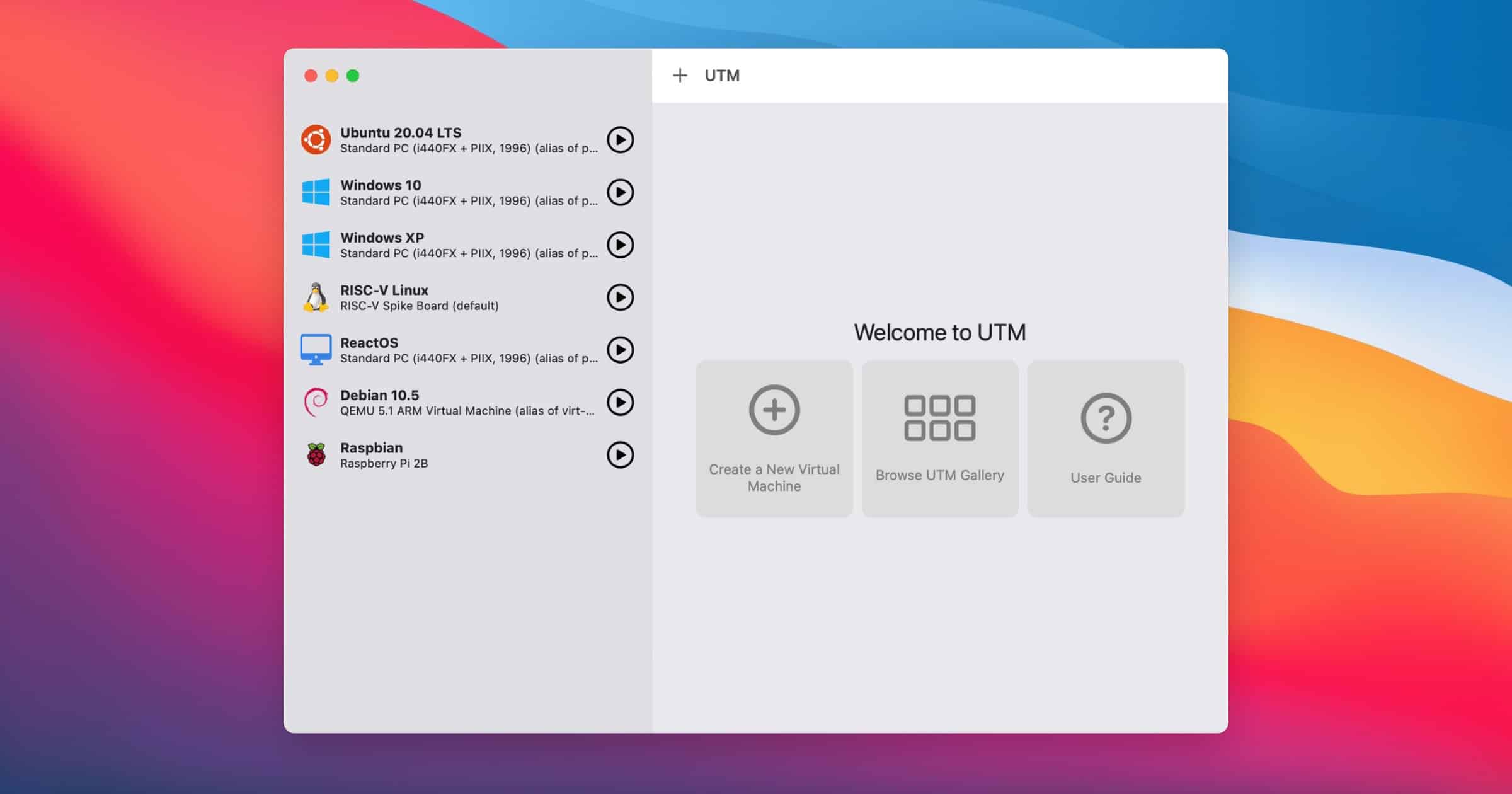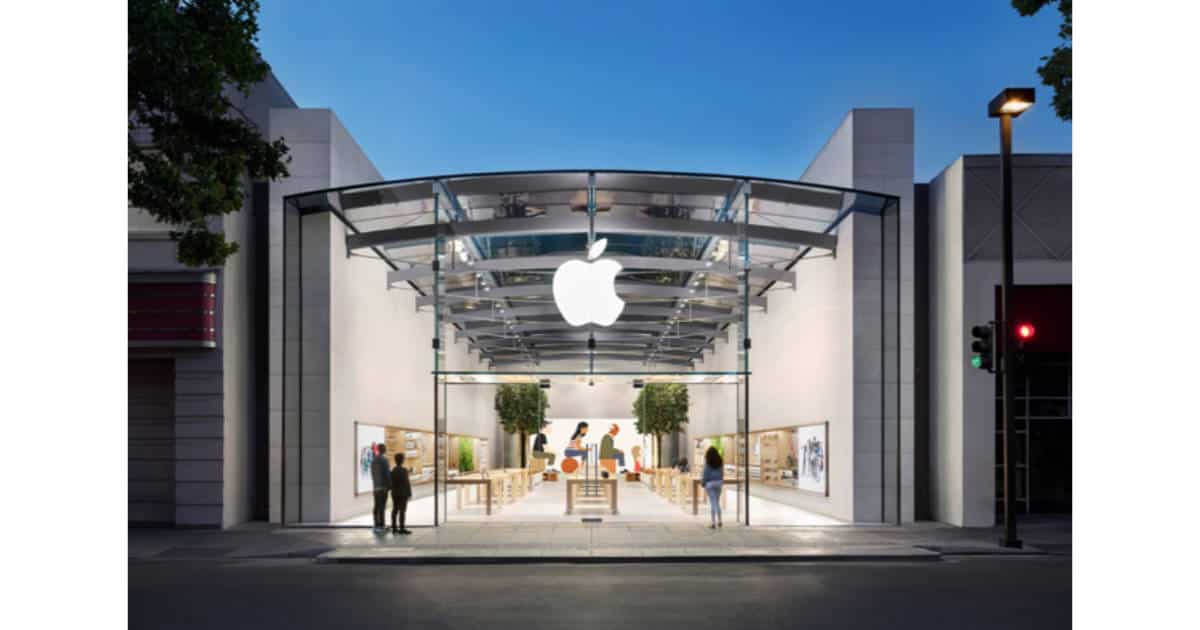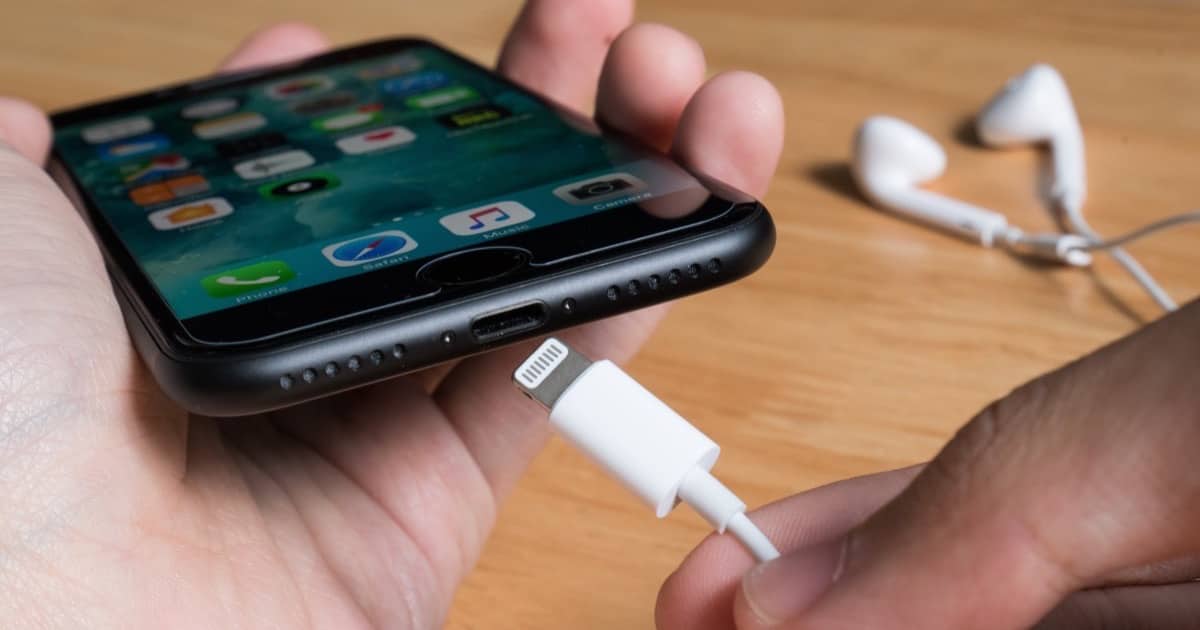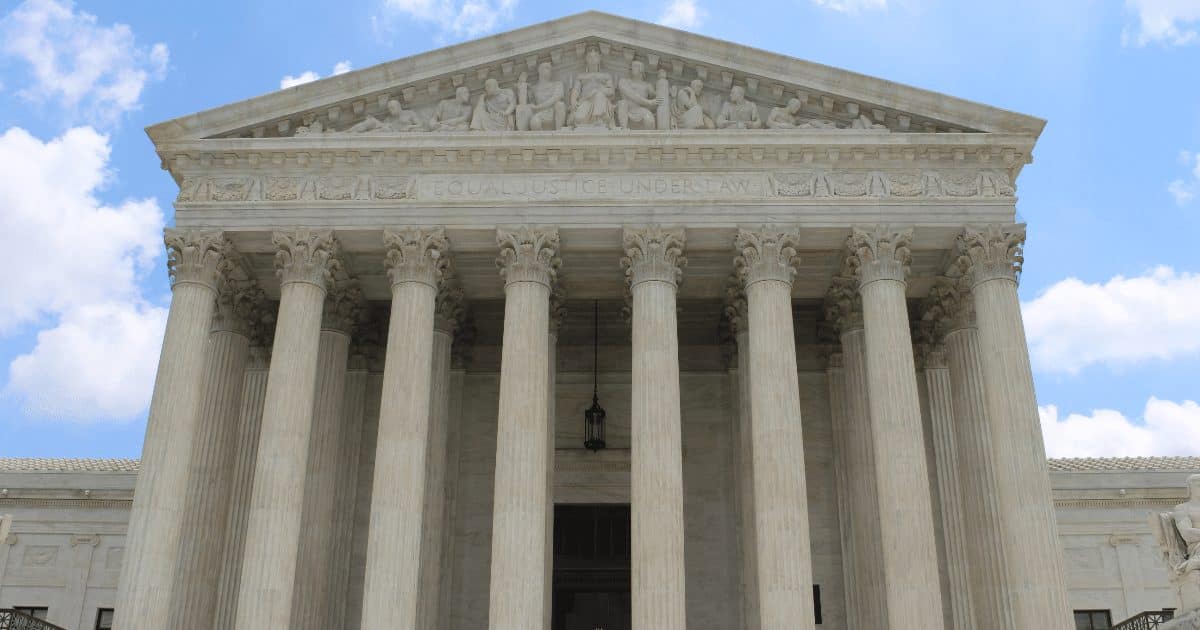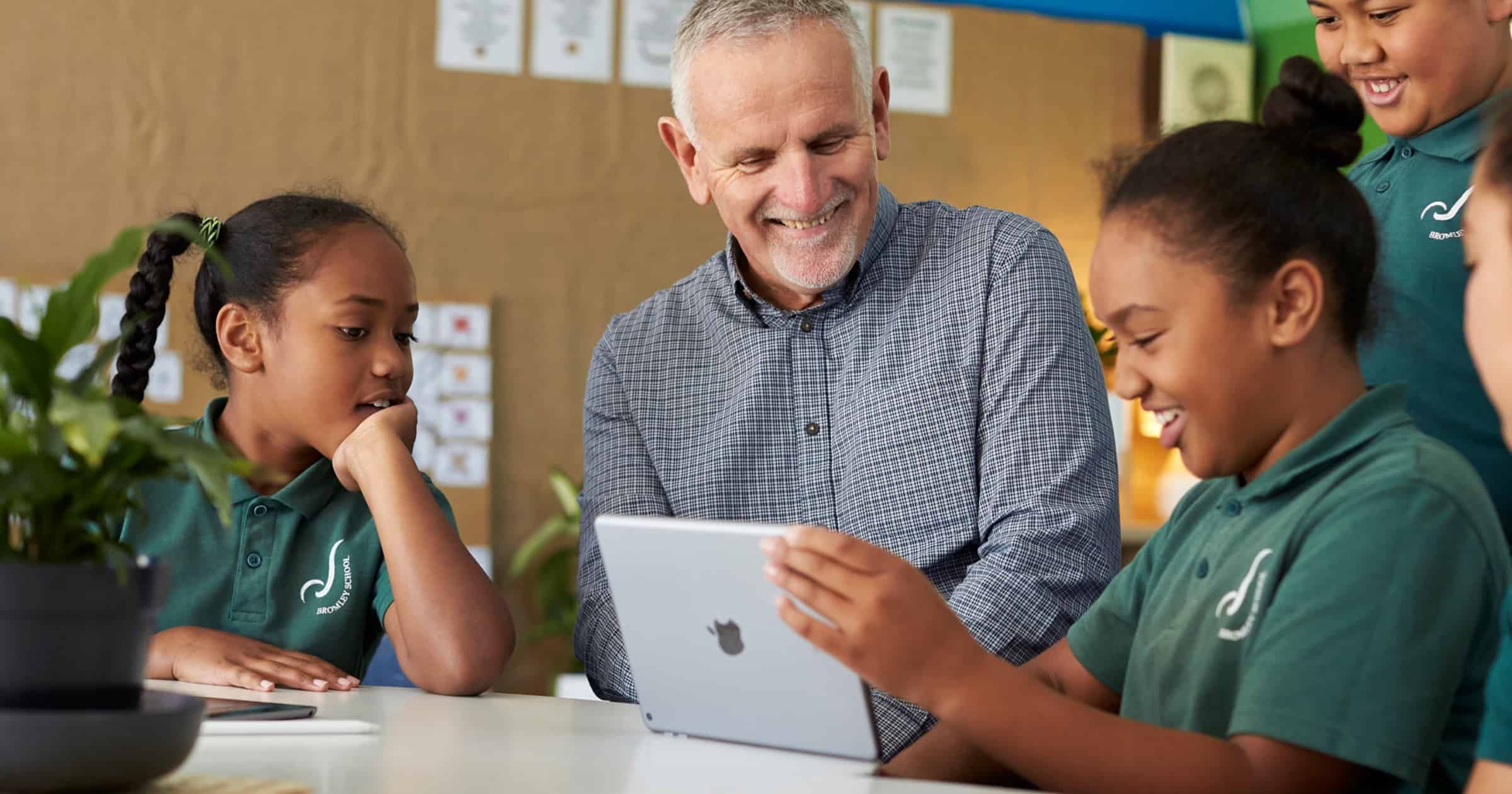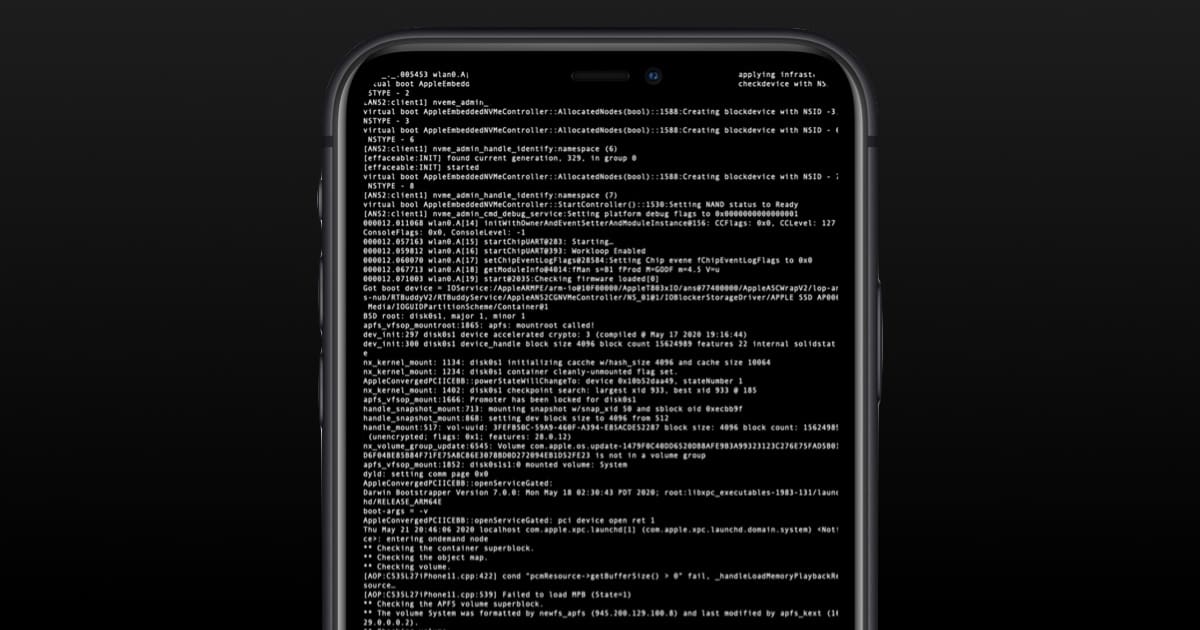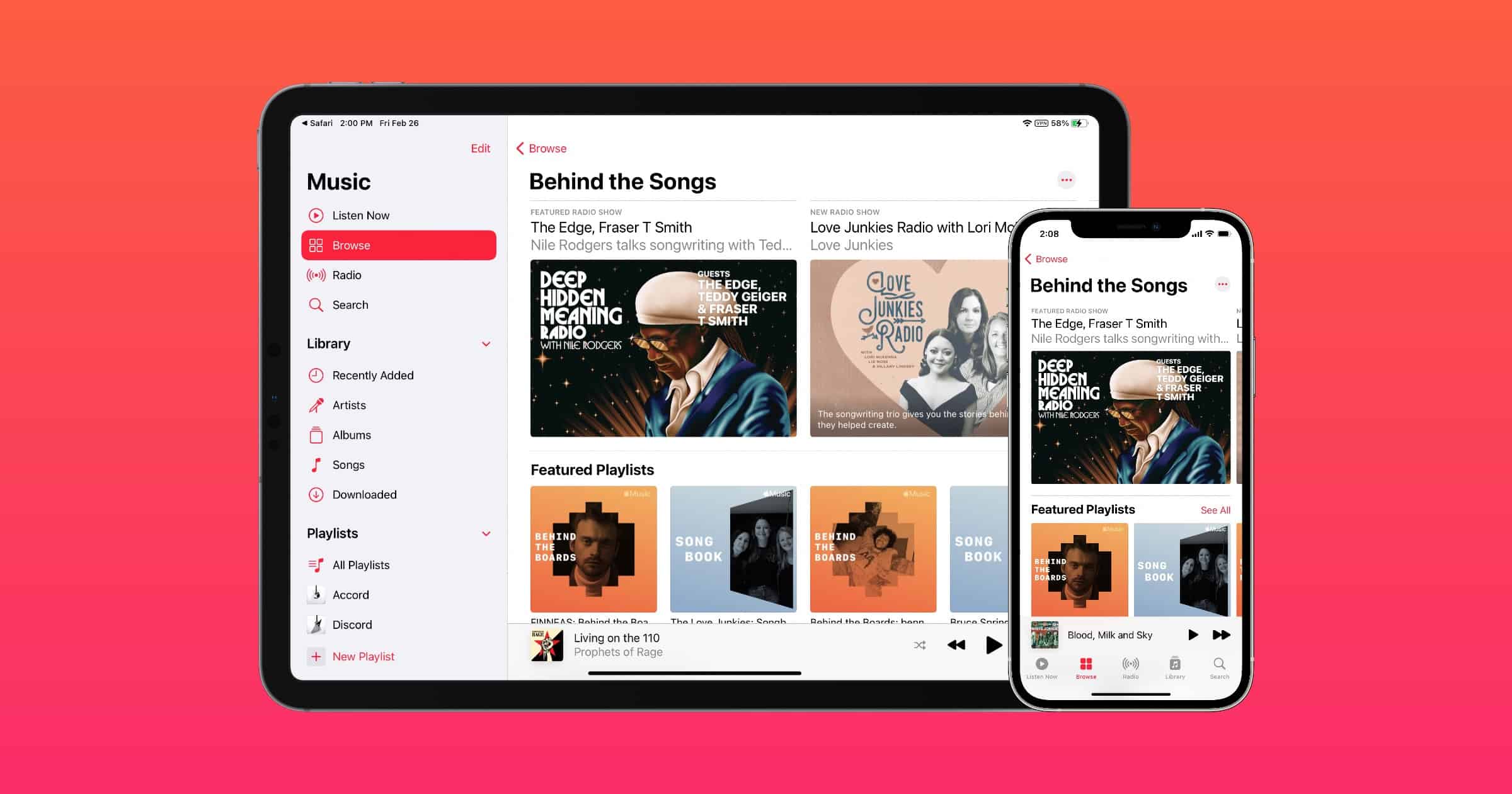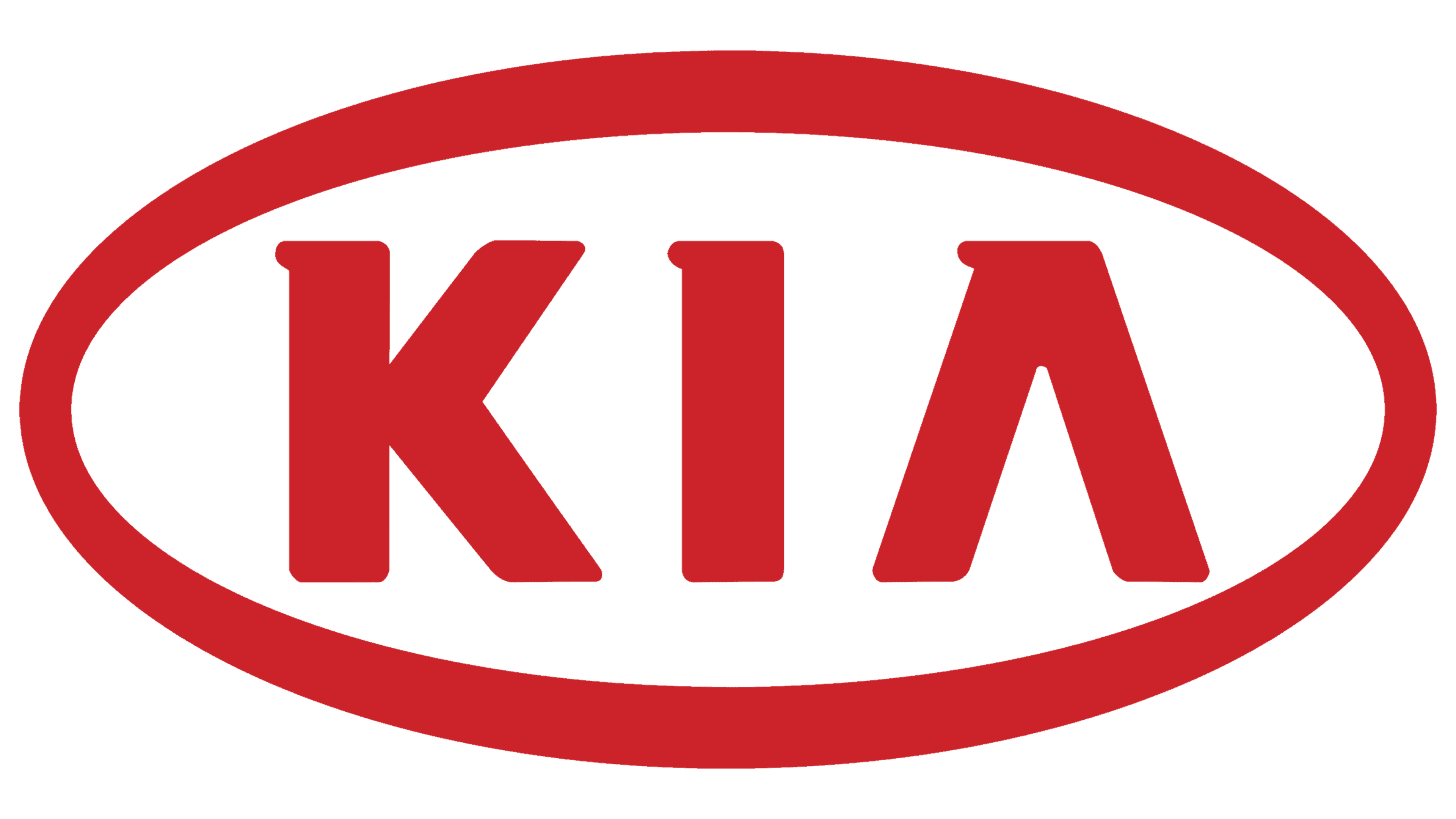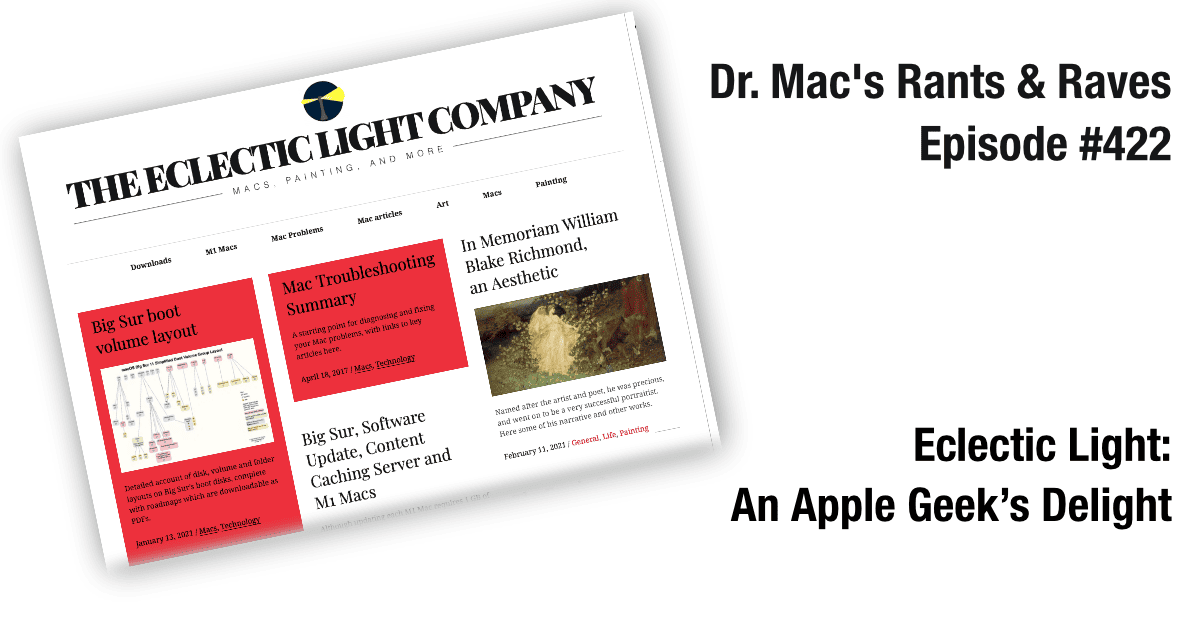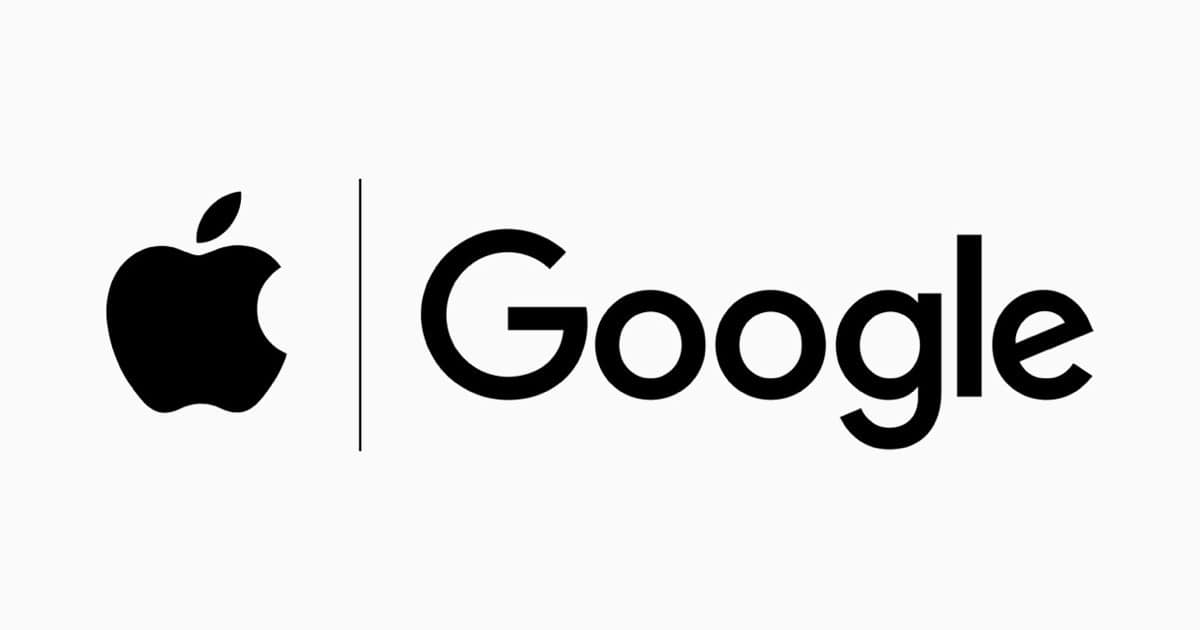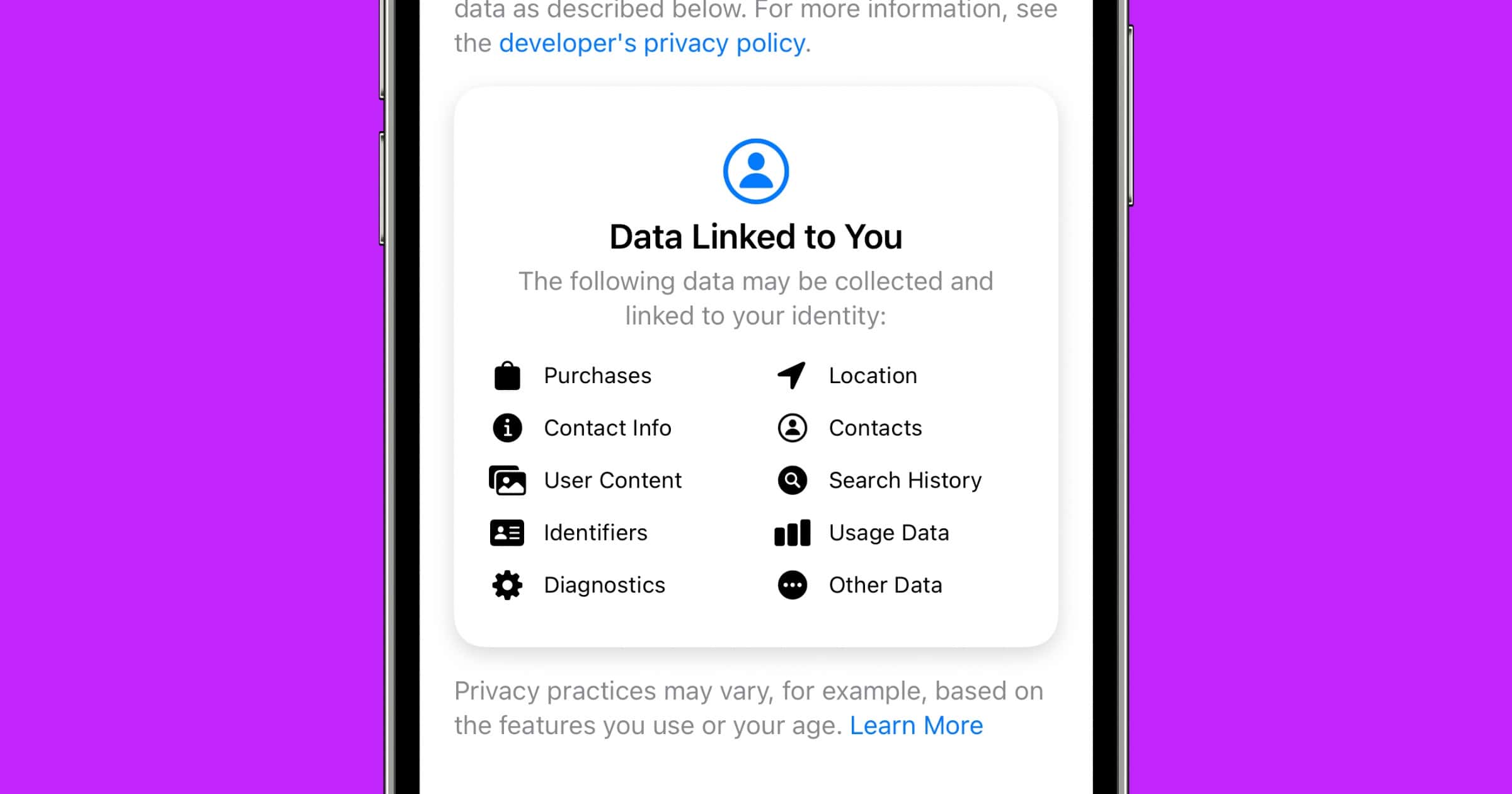Enter our new international giveaway for a chance to win the brand new iPhone 16 Pro.
Editor Mel Lewis is Latest to Leave BBC Radio 1 For Apple Music
Editor Mel Lewis is the latest member of staff to have left BBC Radio 1 or 1Xtra in the UK to join Apple Music.
NASA’s Perseverance Rover Runs on a Modified iMac G3 Processor
Apparently the Perseverance rover is running on a modified PowerPC 750 processor which was also used in the original iMac G3 from 1998.
Run Virtual Machines on M1 Macs With ‘UTM’
UTM is an app I recently discovered that lets you run virtual machines on M1 Macs. It uses Apple’s Hypervisor virtualization framework to run ARM64 operating systems on Apple Silicon at near native speeds. On Intel Macs, x86/x64 operating system can be virtualized. In addition, lower performance emulation is available to run x86/x64 on Apple Silicon as well as ARM64 on Intel. For developers and enthusiasts, there are dozens of other emulated processors as well including: ARM32, MIPS, PPC, and RISC-V. Under the hood of UTM is QEMU, a decades old, free and open source emulation software that is widely used and actively maintained. While QEMU is powerful, it can be difficult to set up and configure with its plethora of command line options and flags. UTM is designed to give users the flexibility of QEMU without the steep learning curve that comes with it. Mac App Store Link
For The First Time Since March 2020, All 270 U.S. Apple Stores Are Open
Apple Stores have had to close, open, then close again throughout the COVID-19 pandemic. However, for the first time since March 2020, all 270 U.S. retails locations were open on Monday, according to 9to5 Mac.
While some Apple Stores offer in-store shopping appointments and others can accept Express pickup of online orders only, all 270 US locations are now open in some capacity as of March 1, 2021. Apple Stores in Texas around Houston, Dallas, and San Antonio were the last to reopen today. Over the past 12 months, Apple Stores have weathered a rambling calendar of horrors that began when the pandemic hit. After starting to reopen from May 11, 2020, evolving health guidance and COVID-19 infection spikes forced some stores to reclose and reopen a second, third, or even fourth time. If adapting and responding to new health and safety guidelines overnight wasn’t enough, Apple Stores were then confronted with looting and vandalism, an intense heatwave and wildfire smoke throughout California in the midst of curbside operations, Election Day and Inauguration Day security precautions, and severe winter storms in Texas that pushed back store reopenings in Austin by nearly a week.
Should Apple Really be Trying to Make a Portless iPhone?
Rumors rage that Apple is working on a portless iPhone. There are some valid reasons why this would be a good move, but there are major issues too. For instance, at the moment, the absence of ports would mean recovery required sending the device back to Apple. (I’m currently experiencing this with my Watch and it’s quite annoying.) Oliver Haslam explored this and the other problems with a portless iPhone for iMore.
The increased water resistance afforded by removing the Lightning port is cool and all, but iPhones survive long enough underwater as it is. And you’d still need a slot for your SIM card and holes for speakers and whatnot. These things won’t be 100% sealed, Lightning port or not. Could Apple make thinner iPhones because of the removal of a port? Possibly. But Apple has a history of iPhones bending and we would all rather more battery than a thinner device. Maybe this is all about adding bigger batteries after all? Next, there’s the potential return of Touch ID that’s built into the screen. Could Apple need more space for whatever black magic phone makers do to make that happen? Maybe, but probably not. The likes of Samsung manage it just fine with their USB-C port in tow.
Apple Backs 'Death Squad' Patent Board as Supreme Court Mulls Its Future
The U.S. Supreme Court is considering whether or not a system that Apple has used to invalidate hundreds of patents is constitutional.
'Dickinson' Showrunner Reveals What's in Store For Season Three
‘Dickinson’ showrunner Alena Smith has revealed what viewers can expect in season three of the Apple TV+ show.
These Students Have a Samoan Language App Ready for iPad
Students at Bromley School in Christchurch, New Zealand, used Keynote loaded onto an iPad to create a Samoan language prototype app for kids.
Apple Awards and Evolution – TMO Daily Observations 2021-03-01
Charlotte Henry and Bryan Chaffin join host Kelly Guimont to discuss Apple’s latest award, and the future of Apple’s corporate divisions.
AppleCare Leader Brent Potts Joins Airbnb as VP of Community Support
Brent Potts worked at Apple for eight years as an AppleCare executive, and Airbnb announced on Monday he joined the company.
iOS 14.3 Jailbreak Released This Weekend by Unc0ver
Over the weekend the Unc0ver team released a new jailbreak that works from iOS 11 to iOS 14.3.
How Apple’s Walled Garden is a Double-Edged Security Sword
Patrick Howell O’Neill shared an interesting argument for MIT Technology Review: Apple’s locked-down ecosystem is both good and bad for security.
He argues that while the iPhone’s security is getting tighter as Apple invests millions to raise the wall, the best hackers have their own millions to buy or develop zero-click exploits that let them take over iPhones invisibly. These allow attackers to burrow into the restricted parts of the phone without ever giving the target any indication of having been compromised. And once they’re that deep inside, the security becomes a barrier that keeps investigators from spotting or understanding nefarious behavior.
Put another way: Apple’s locked down systems naturally select for the best hackers. And the best hackers have the skill to create the most devastating hacks. “This means that even to know you’re under attack, you may have to rely on luck or vague suspicion rather than clear evidence.”
AdGuard: Apple’s Private Click Measurement Isn’t Transparent
AdGuard published a piece on Monday examining Apple’s new technology coming to iOS 14.5 called Private Click Measurement.
Relive the Billie Eilish: 'The World’s A Little Blurry' Premiere Event
There was a premiere event for the Billie Eilish documentary The World’s a Little Blurry ahead of its launch on Apple TV+. If you didn’t get a chance to watch it live, or wanted to wait until you had seen the film, you can now catch up with it on YouTube.
Rolling With Wi-Fi — Mac Geek Gab 859
Sometimes you’ve gotta go… and sometimes — make that ALL the times — you need Wi-Fi. Never fear, John and Dave are here to help answer the tough (and fun) questions. Listen as your two favorite geeks pour through the mailbag, trying to answer as many of your questions as possible in the time we all have together each week. Don’t forget to send in your questions: [email protected] and they’ll answer yours, too!
Golden Globes 2021: Jason Sudeikis Scores First Win for Apple TV+ With Ted Lasso Performance
‘Ted Lasso’ star Jason Sudeikis scored a big win for Apple TV+ at the Golden Globes, named Best Television Actor in a Musical/Comedy Series.
Security Friday Browser Edition – TMO Daily Observations 2021-02-26
Andrew Orr join host Kelly Guimont to discuss the latest Security Friday updates from Google and Firefox, and offer up some alternate browser options.
Austin Butler And Callum Turner to Star in 'Masters of the Air' For Apple TV+
Austin Butler and Callum Turner are set to star in ‘Band of Brothers’ sequel ‘Masters of the Air’, which is headed to Apple TV+.
Apple Music Launches ‘Behind The Songs’ That Spotlights Songwriters, Producers
Apple Music has launched a new hub to highlight songwriters, producers, and session musicians called Behind the Songs.
MagBuddy Wireless Charge Desk Mount: $49.99
We have a deal on the MagBuddy Wireless Charge Desk Mount, a desktop 9Qi charger for your iPhone that uses magnets to hold that iPhone in place. It uses adaptive charging to send the right charge to your device, and it’s $49.99 through our deal.
Apple and Kia May Yet do a Car Deal
Despite previously stating that talks were off, a car partnership between Apple, Hyundai, and its affiliate Kia could yet happen. Reuters picked up on reports coming out of South Korea.
Online site Chosun Biz said on Friday that Apple and Kia had signed a memorandum of understanding (MOU) last year and had agreed to pursue cooperation in eight sectors, including electric vehicles. It said negotiations on electric vehicles had not been completely cancelled. “Even if the negotiations on electric vehicles fail, there are many items that can be negotiated in other fields, so we are still optimistic about the possibility of partnership between the two sides,” Chosun cited an unnamed source familiar with negotiations between Hyundai and Apple as saying. Aside from electric vehicles, Kia and Apple are also discussing cooperation in “last mile” mobility, or transport to complete a final short distance to a destination after using another means of transportation, Chosun said
Eclectic Light: An Apple Geek’s Delight
Dr. Mac had heard about The Eclectic Light Company (on Mac Geek Gab) many times but had never visited it until recently (and boy was he impressed).
EU Chief Wrong - Apple Not Working on Vaccine Passports With WHO
EU Commission head Ursula von der Leyen has had to walk back on claims that Apple and Google are working on vaccine passports with the WHO.
Google Adds App Privacy Labels to Gmail
This week Google has finally made progress in adding App Store privacy labels to its apps. Gmail is the second app to get a label.


